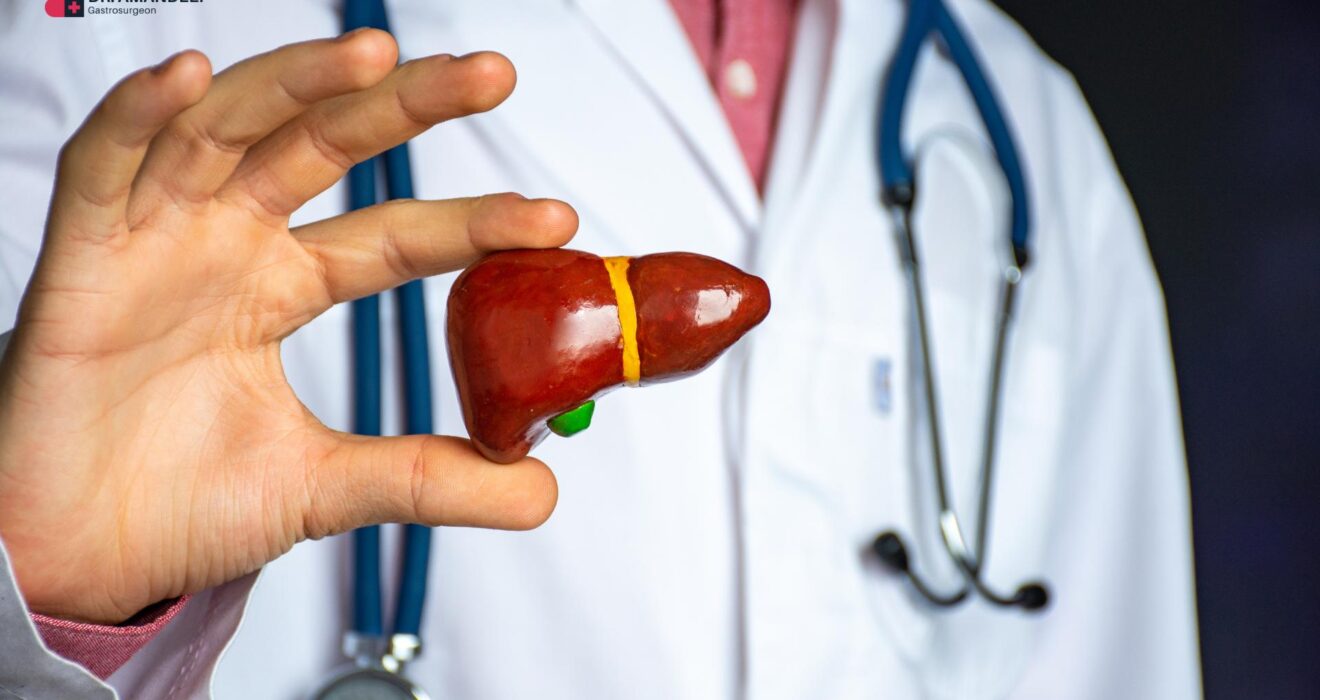When Should You See a Gastroenterologist? Key Signs to Watch For
Your digestive system plays a vital role in overall health, ensuring your body gets the nutrients it needs. However, gastrointestinal (GI) issues can often go unnoticed or be dismissed as minor discomforts. While occasional stomach aches or bloating may not warrant medical attention, persistent or severe symptoms could indicate an underlying condition. Consulting a gastroenterologist—a doctor specializing in the digestive system—can help identify and treat these problems effectively.
In this blog, we’ll explore the signs and symptoms that signal it’s time to see a gastroenterologist.
1. Persistent Abdominal Pain
Occasional stomach pain is common, but chronic or severe abdominal pain can be a red flag. Persistent discomfort could indicate issues such as:
- Irritable Bowel Syndrome (IBS): Characterized by abdominal cramps, bloating, and changes in bowel habits.
- Gallstones or Gallbladder Disease: Severe pain in the upper abdomen may be a sign of gallstones requiring evaluation.
- Peptic Ulcers: Burning pain in the stomach area could point to ulcers caused by H. pylori infection or prolonged use of NSAIDs.
If abdominal pain disrupts your daily life or worsens over time, a gastroenterologist should assess the cause.
2. Chronic Heartburn or Acid Reflux
Heartburn, or a burning sensation in the chest, is often associated with acid reflux. While occasional heartburn can be managed with lifestyle changes, frequent episodes may indicate Gastroesophageal Reflux Disease (GERD).
Untreated GERD can lead to complications such as:
- Esophageal ulcers
- Barrett’s esophagus (a precancerous condition)
- Difficulty swallowing
A gastroenterologist can perform diagnostic tests like an endoscopy to evaluate the esophagus and recommend appropriate treatment.
3. Unexplained Weight Loss
Losing weight without trying might sound appealing, but it can be a sign of a serious health issue. Potential causes include:
- Celiac Disease: An autoimmune disorder where gluten damages the small intestine.
- Inflammatory Bowel Disease (IBD): Chronic inflammation in the GI tract, including Crohn’s disease and ulcerative colitis.
- Cancer: Weight loss can sometimes indicate gastrointestinal cancers, such as stomach or colorectal cancer.
A gastroenterologist can help identify the root cause and guide you toward proper treatment.
4. Blood in Stool or Black Stools
Noticing blood in your stool or having tar-like black stools can be alarming. These symptoms may signal:
- Hemorrhoids or anal fissures
- Infections or inflammation in the GI tract
- Serious conditions like colorectal cancer
Blood in the stool is never normal and requires immediate evaluation by a gastroenterologist. Tests such as a colonoscopy can help pinpoint the source of the bleeding.
5. Persistent Bloating or Gas
While bloating and gas are often harmless, persistent or painful symptoms might indicate:
- Small Intestinal Bacterial Overgrowth (SIBO): Excess bacteria in the small intestine causing digestive disturbances.
- Food Intolerances: Conditions like lactose intolerance or gluten sensitivity.
- Ovarian or GI Cancer: In rare cases, bloating can be a sign of malignancy.
If these symptoms are frequent or worsen after meals, consulting a gastroenterologist is essential.
6. Chronic Constipation or Diarrhea
Both constipation and diarrhea are common, but prolonged episodes could indicate deeper issues:
- Constipation: Linked to disorders like IBS, blockages, or neurological conditions.
- Diarrhea: Chronic diarrhea may stem from infections, IBD, or malabsorption disorders.
A gastroenterologist can perform diagnostic tests, such as stool analysis or imaging studies, to determine the cause and recommend a tailored treatment plan.
7. Difficulty Swallowing (Dysphagia)
Struggling to swallow food or liquids may be a sign of:
- Esophageal strictures or narrowing
- GERD-related complications
- Neurological conditions affecting swallowing reflexes
A gastroenterologist can use advanced imaging and endoscopy to identify structural or functional abnormalities in the esophagus.
8. Family History of GI Disorders
If you have a family history of gastrointestinal conditions, you may be at a higher risk of developing similar problems. Common hereditary GI conditions include:
- Colorectal cancer
- Celiac disease
- Crohn’s disease or ulcerative colitis
Proactive screening and preventive care with a gastroenterologist can help manage these risks effectively.
9. Jaundice or Yellowing of the Skin
Jaundice, characterized by yellowing of the skin and eyes, often indicates a problem with the liver or bile ducts. Causes include:
- Hepatitis (viral or autoimmune)
- Gallstones blocking bile ducts
- Liver diseases like cirrhosis or cancer
A gastroenterologist with expertise in hepatobiliary disorders can perform necessary tests to diagnose and treat the condition.
10. Persistent Vomiting or Nausea
Chronic nausea or vomiting could indicate:
- Stomach ulcers or gastritis
- Pancreatitis
- Bowel obstructions or motility disorders
These symptoms are often serious and require immediate evaluation to prevent complications.
When in Doubt, Consult a Specialist
If you’re experiencing any of the above symptoms, it’s crucial to seek medical advice from a qualified gastroenterologist. Early detection and treatment can prevent complications and improve your quality of life.
A gastroenterologist will use advanced diagnostic tools such as endoscopy, colonoscopy, imaging scans, and lab tests to identify the root cause and create a personalized treatment plan.



